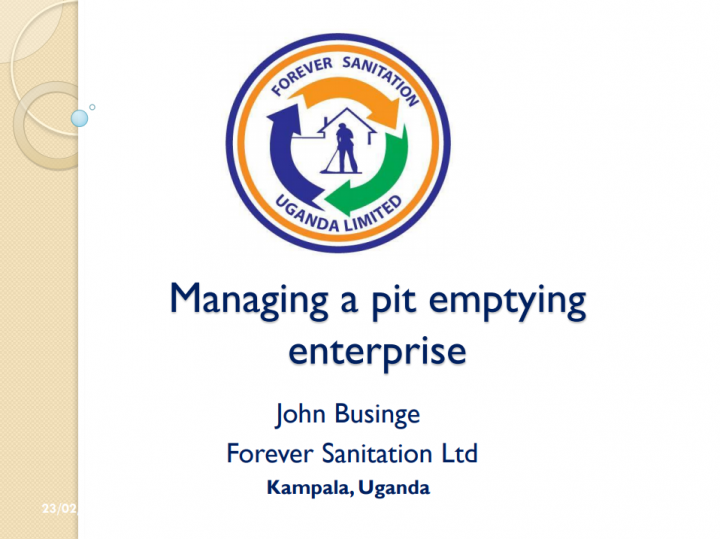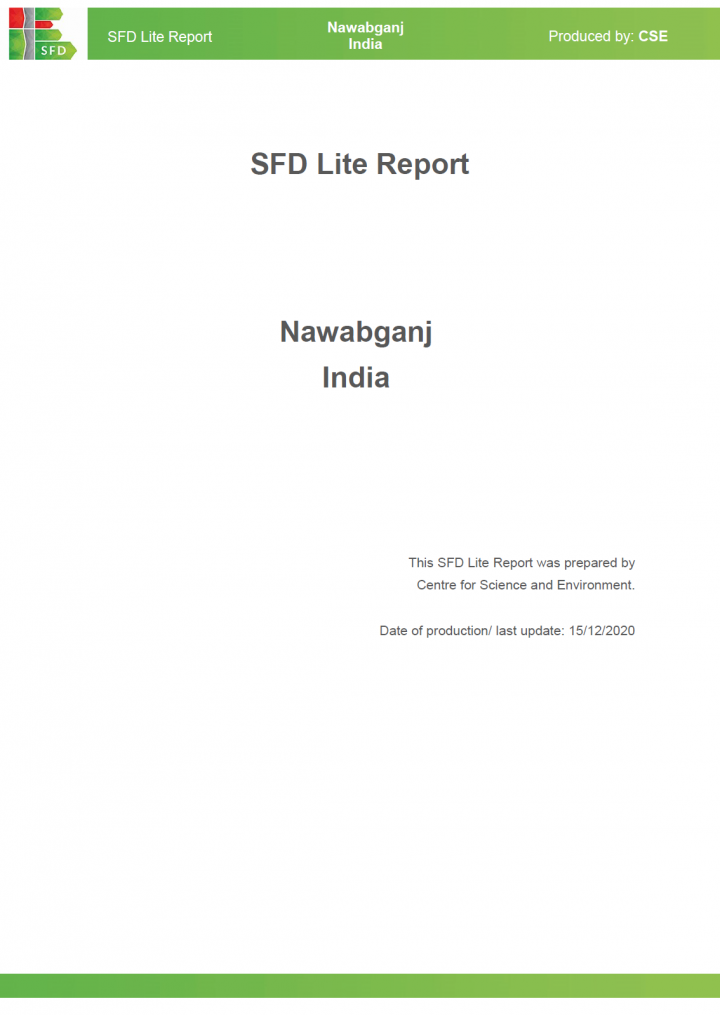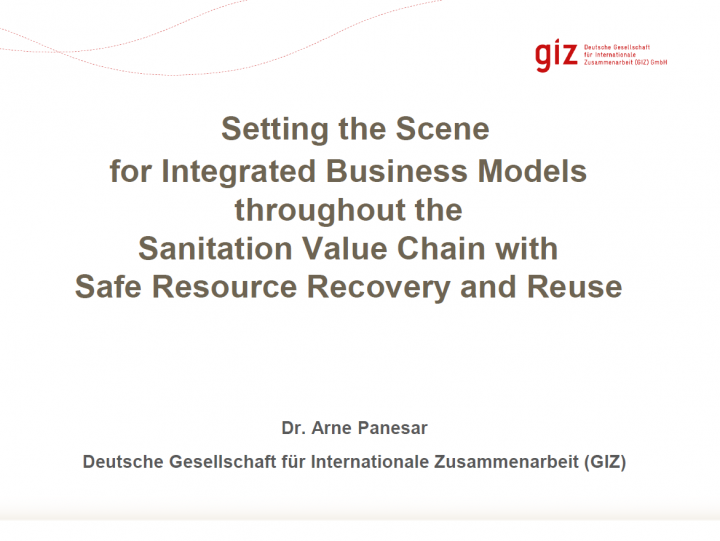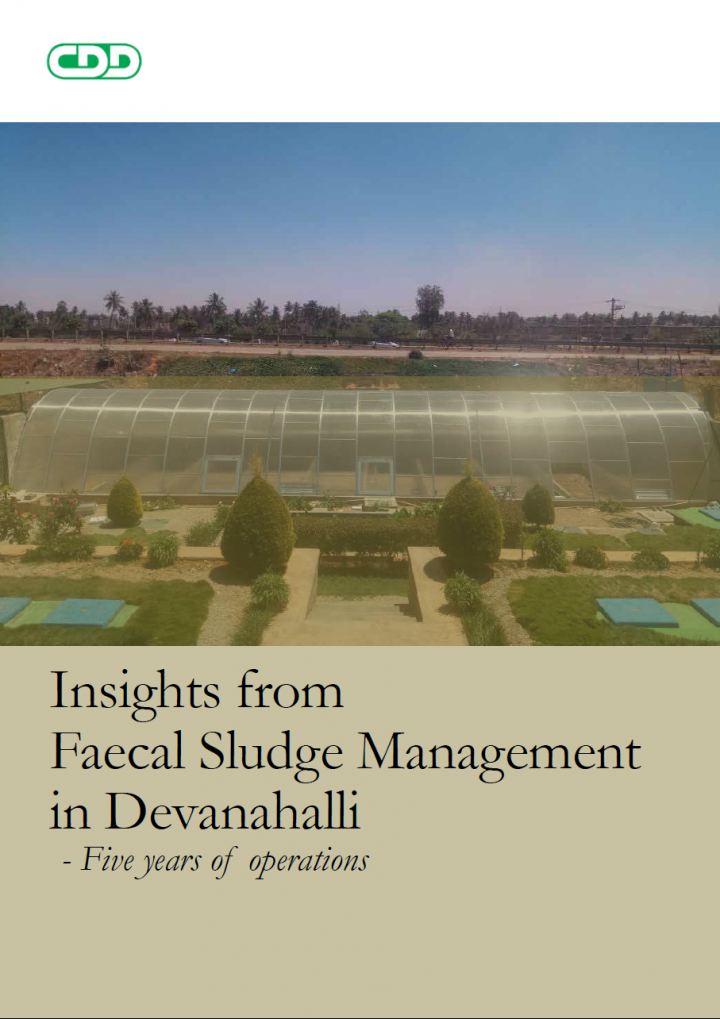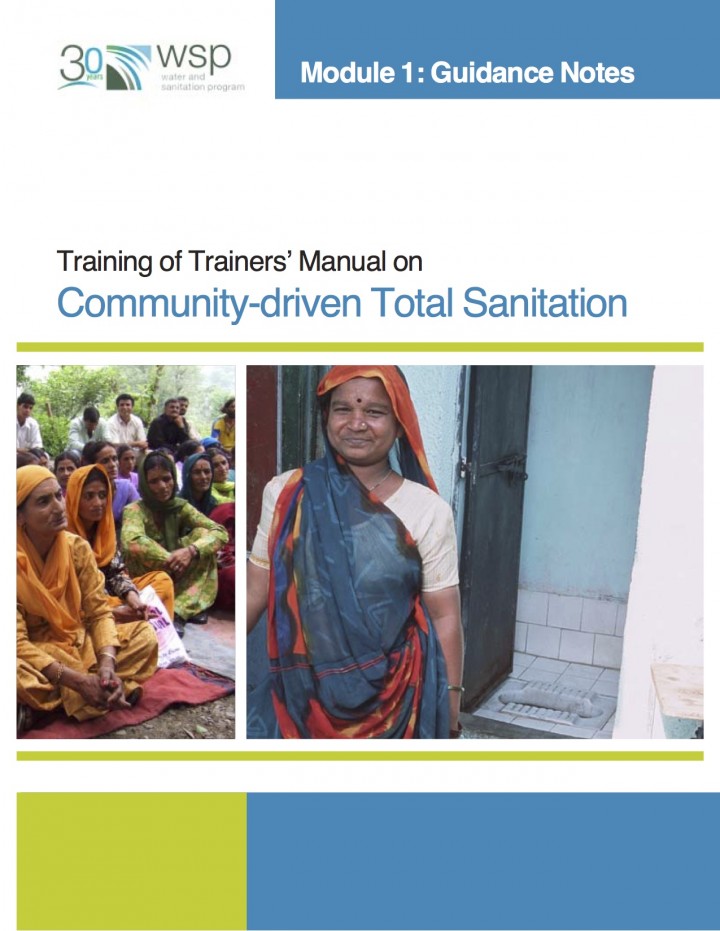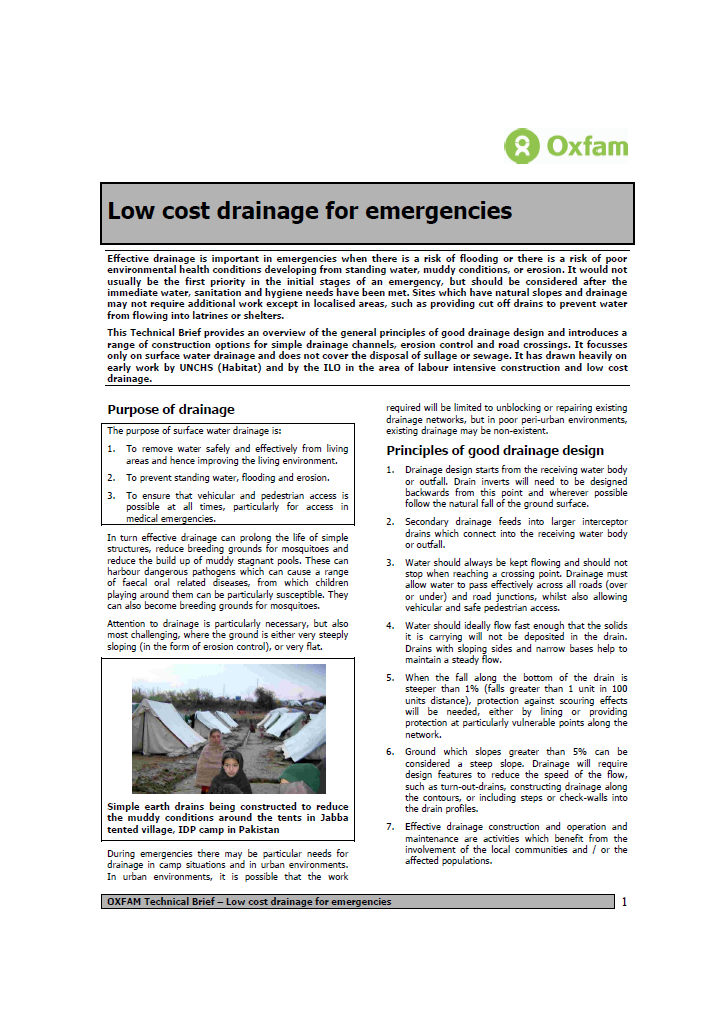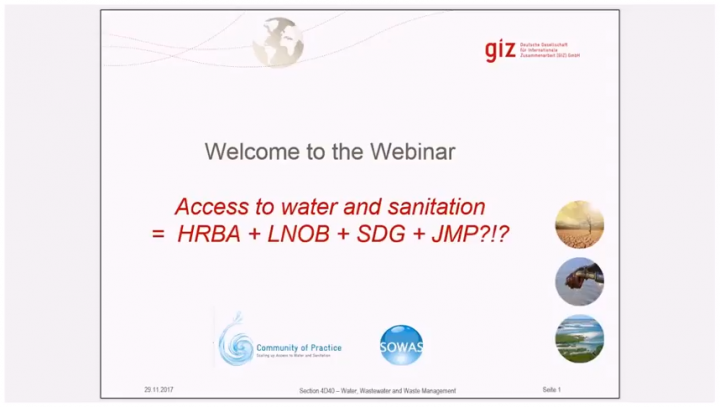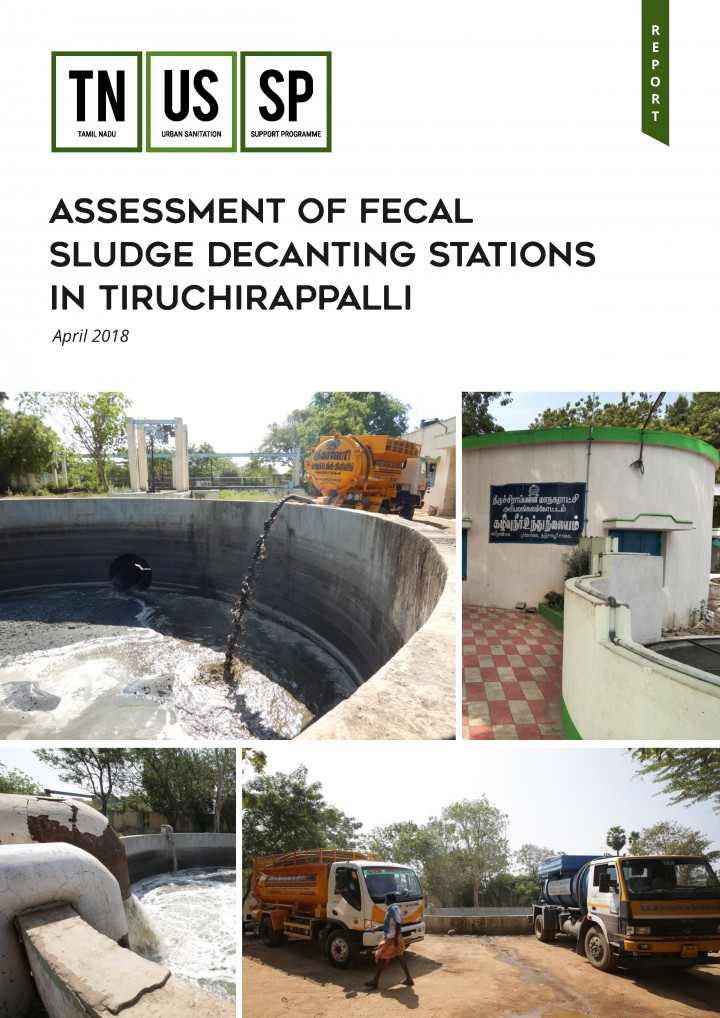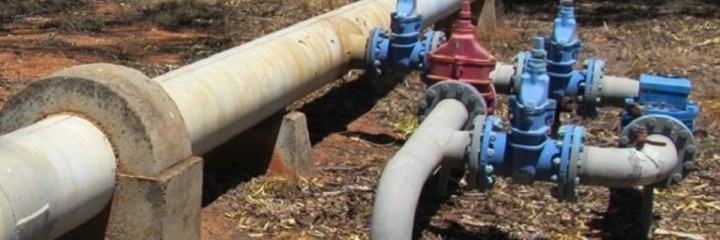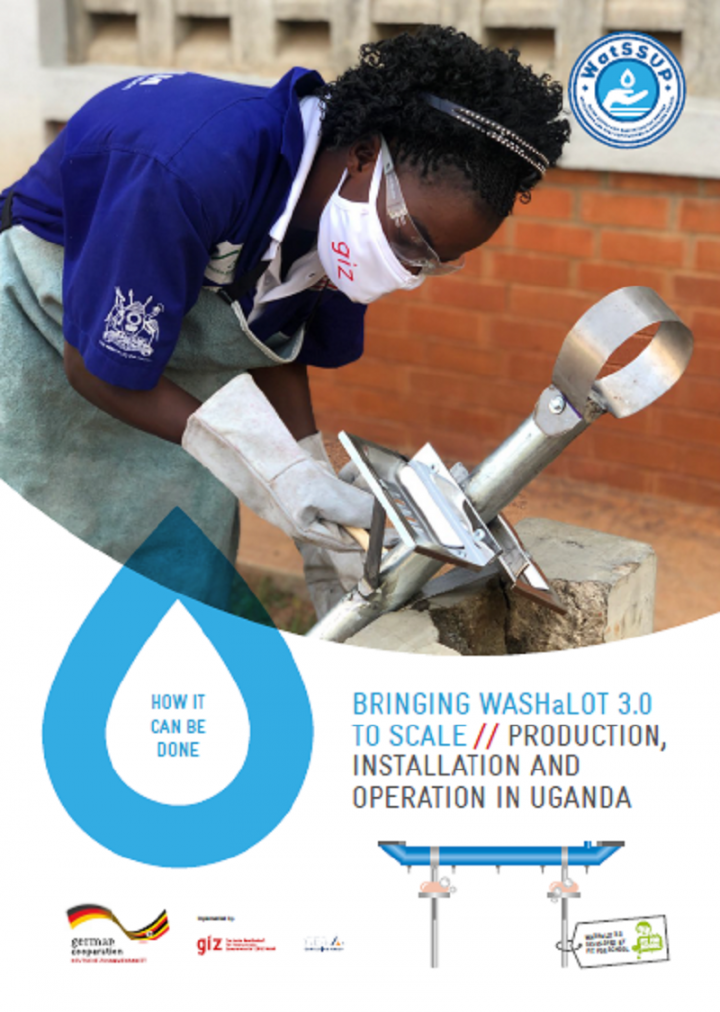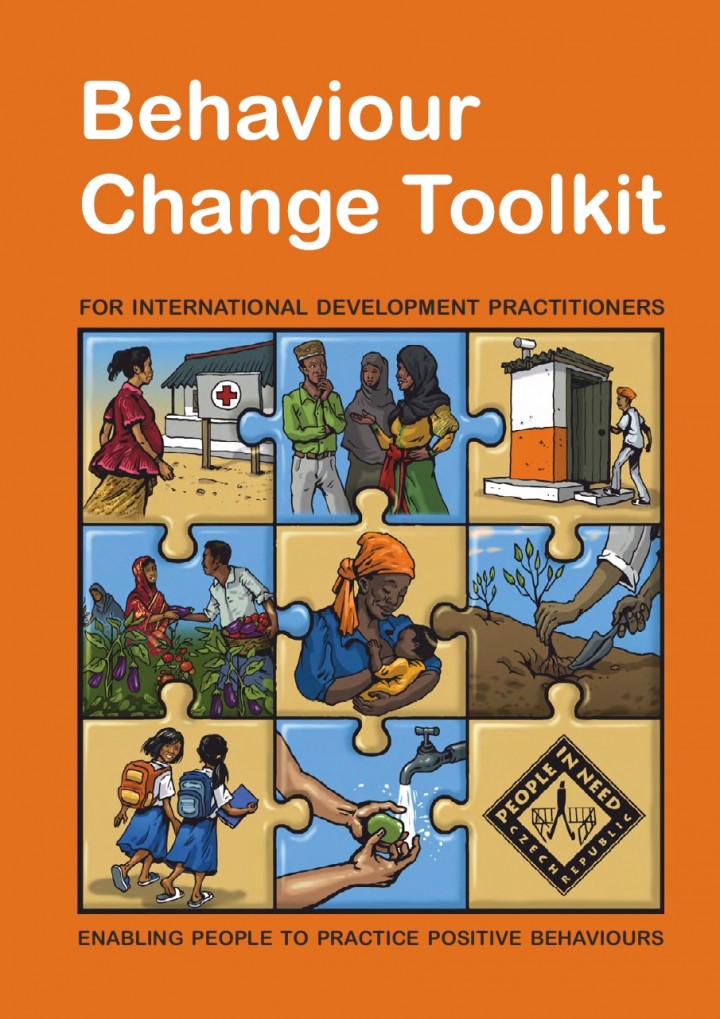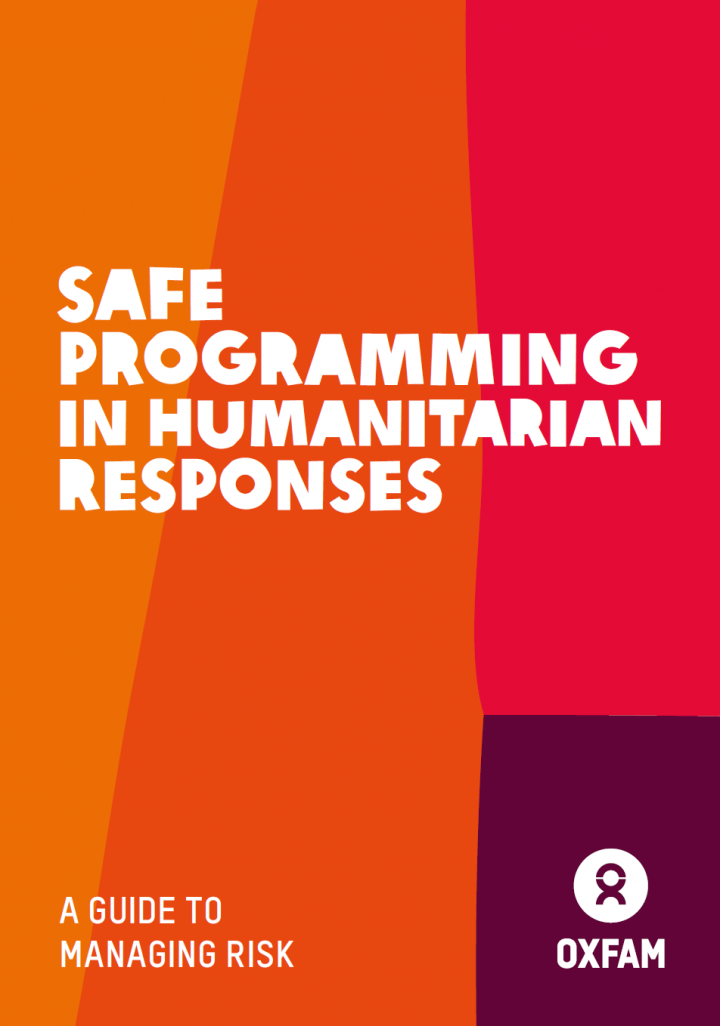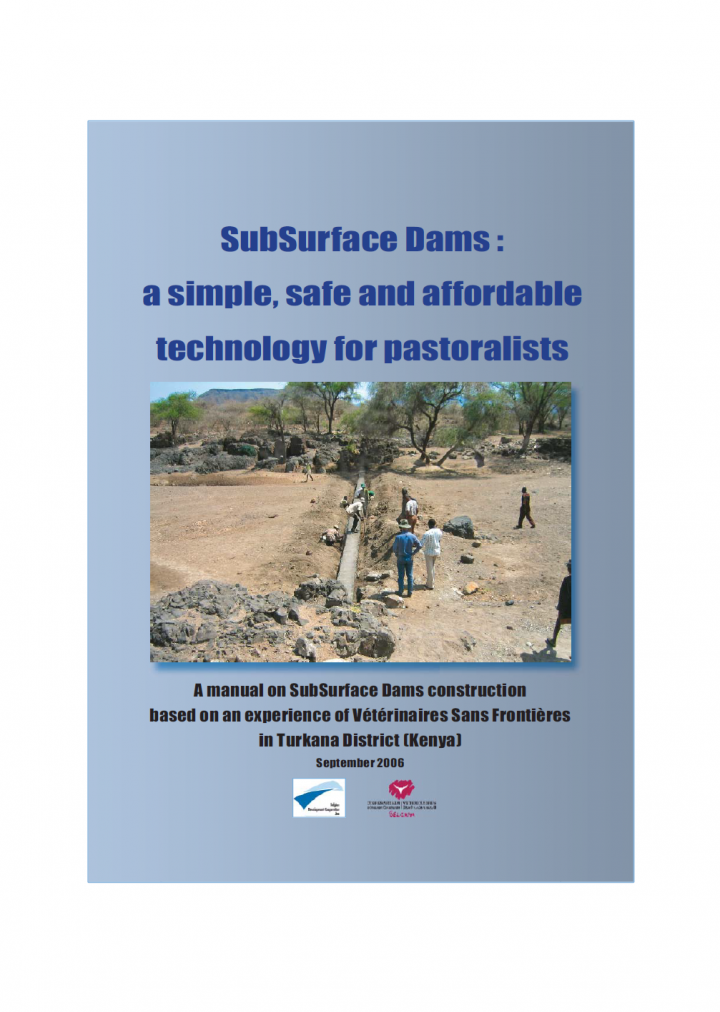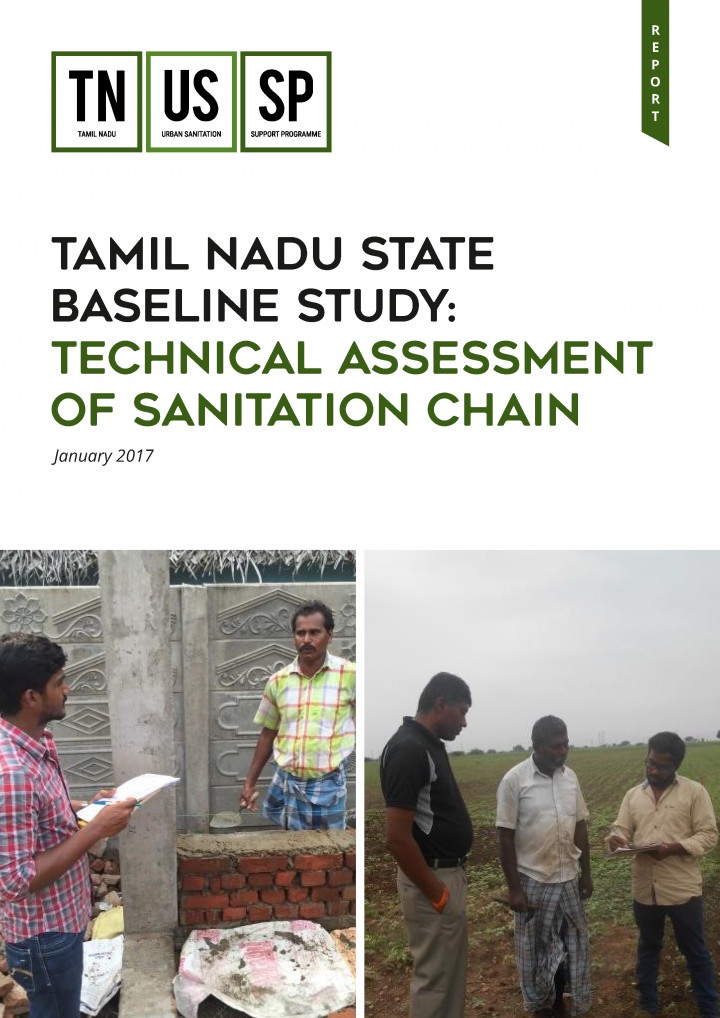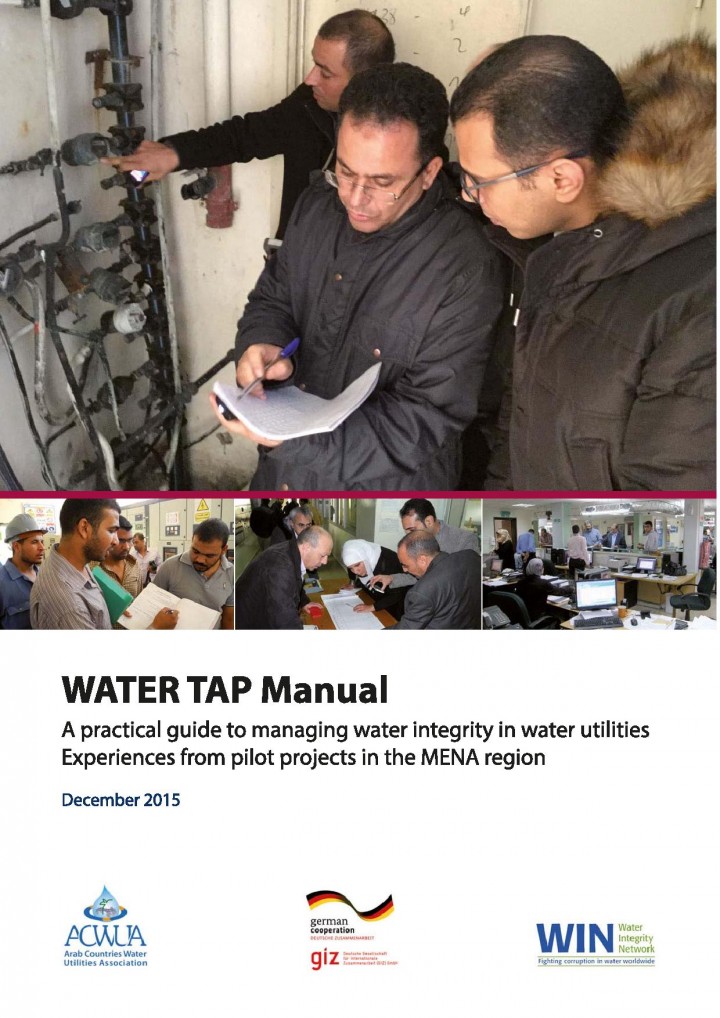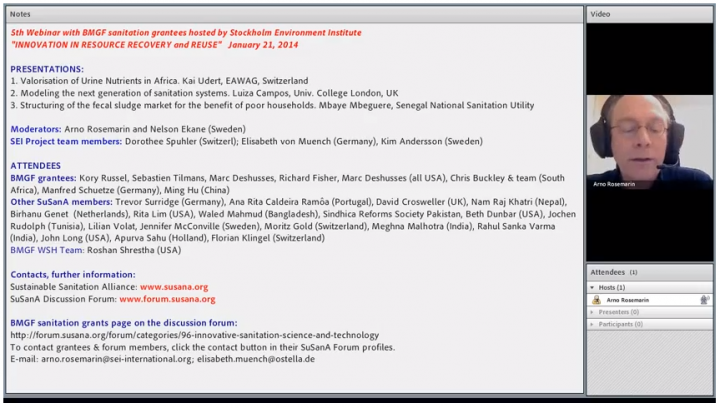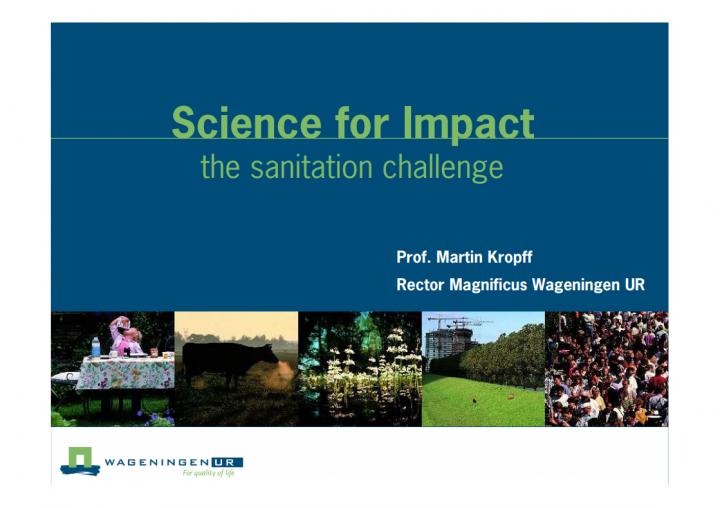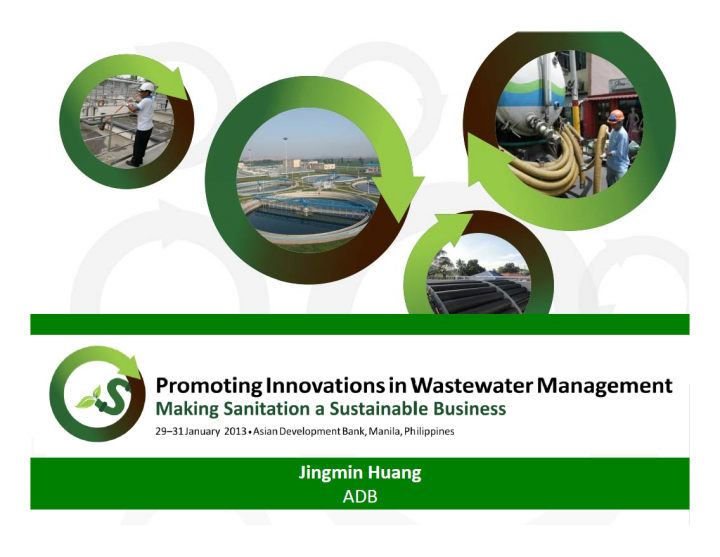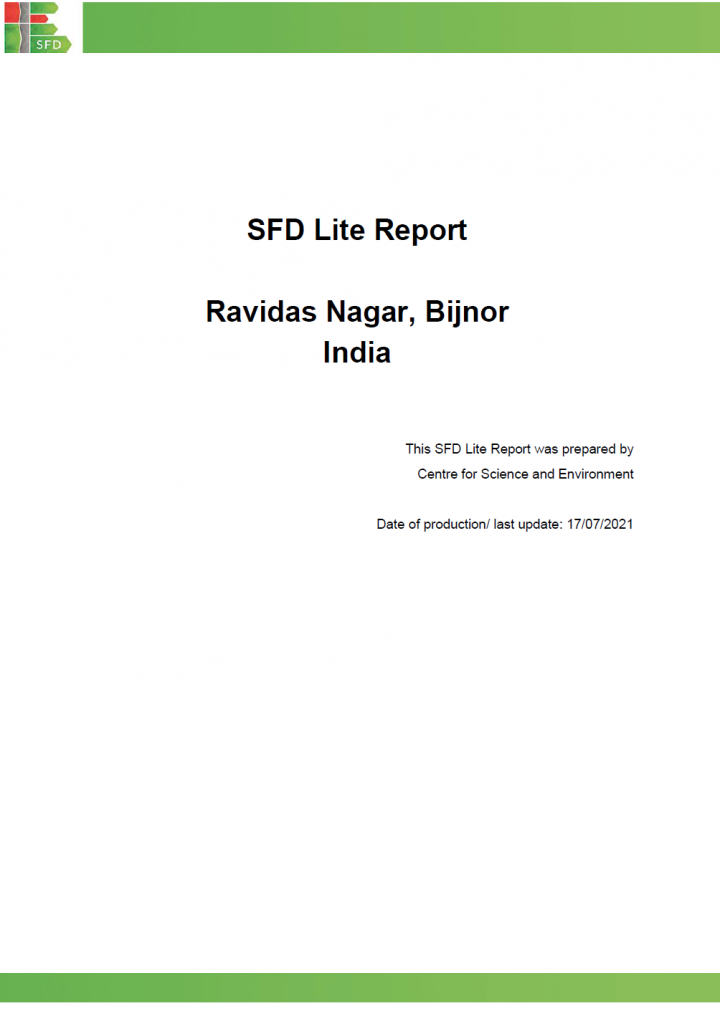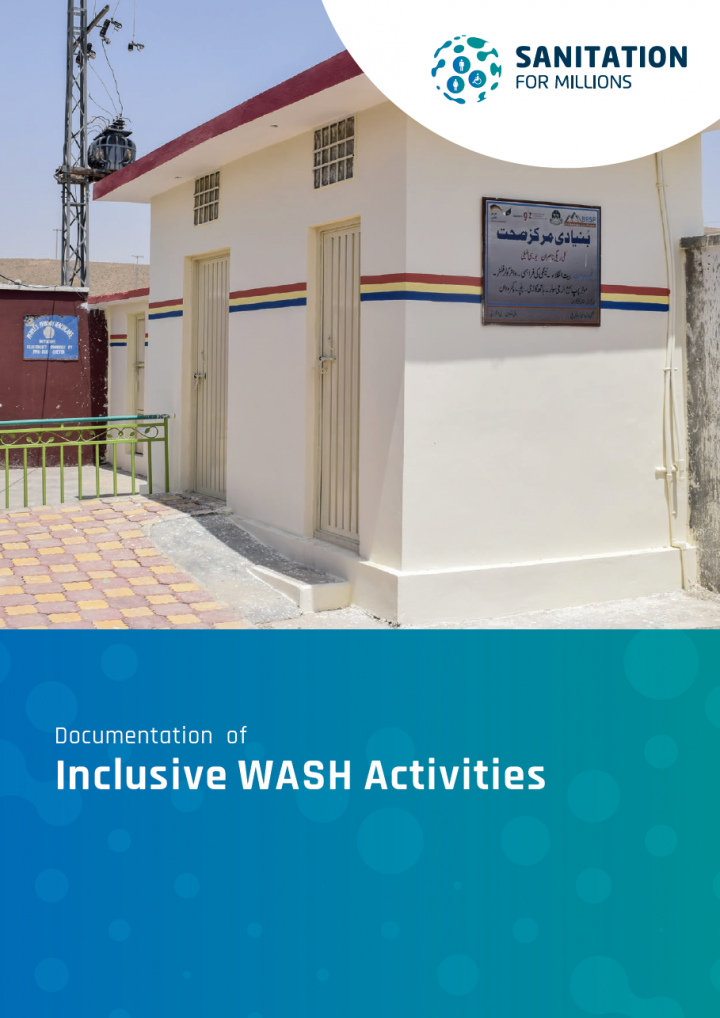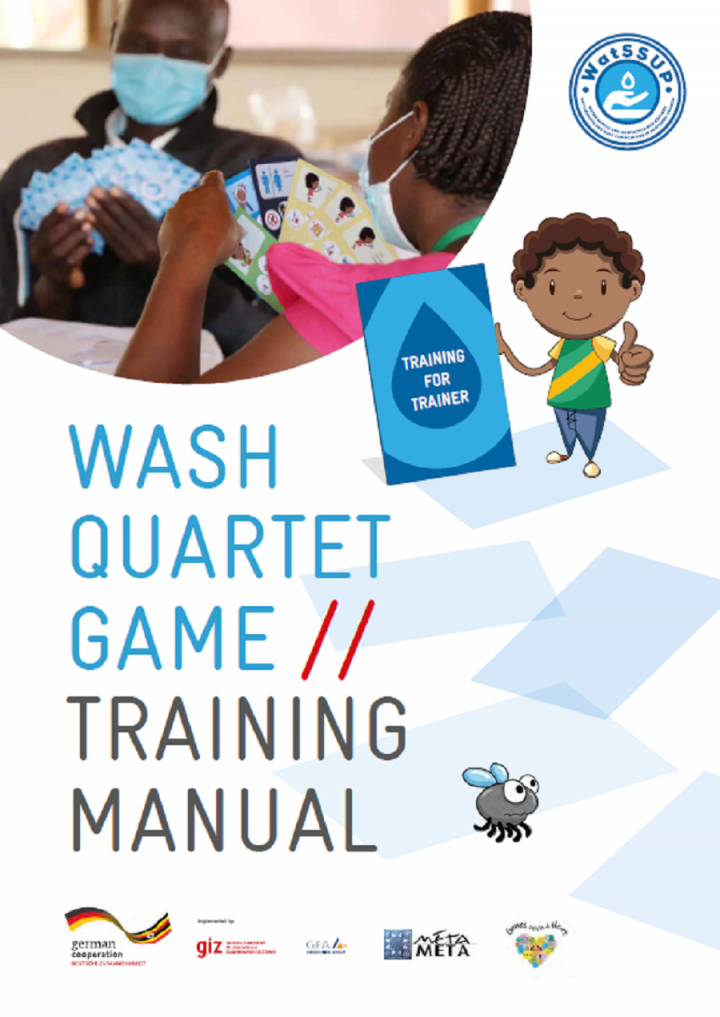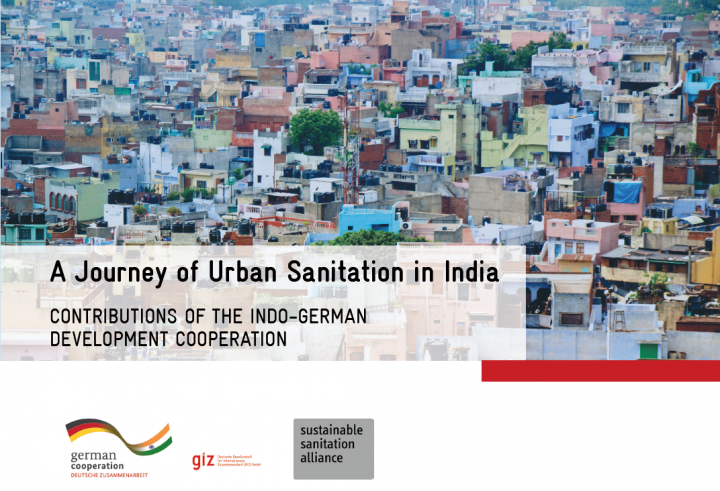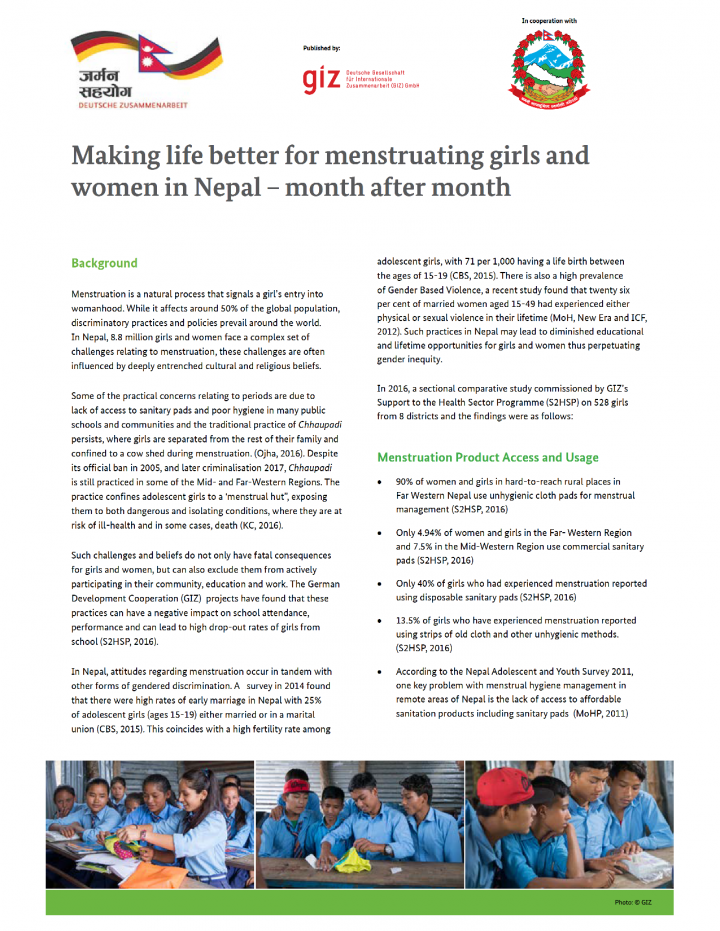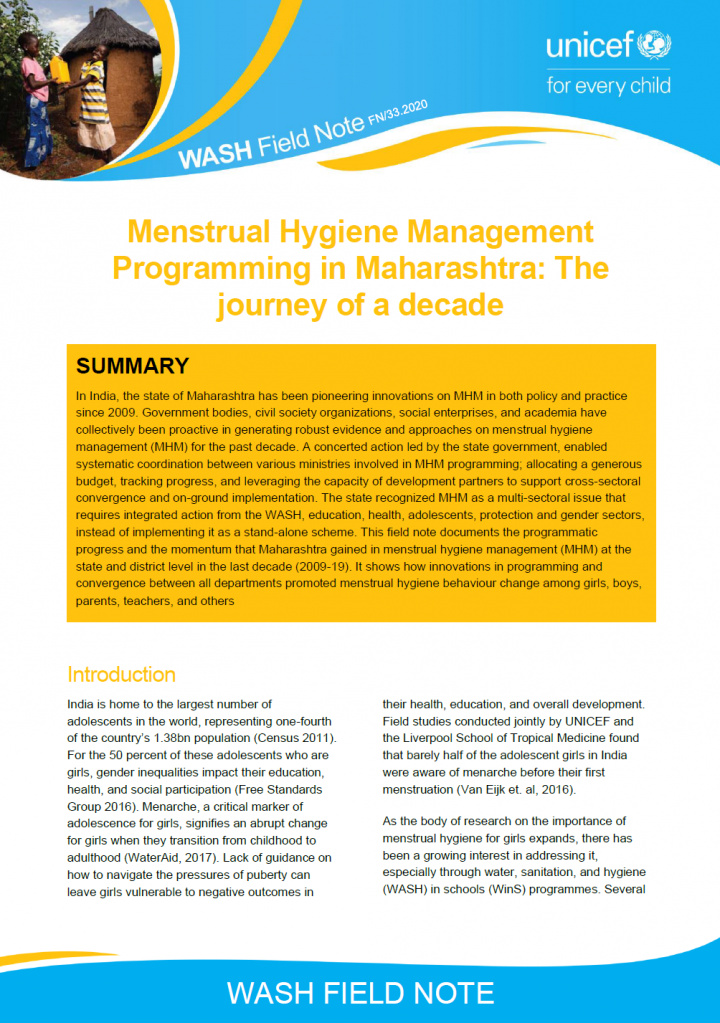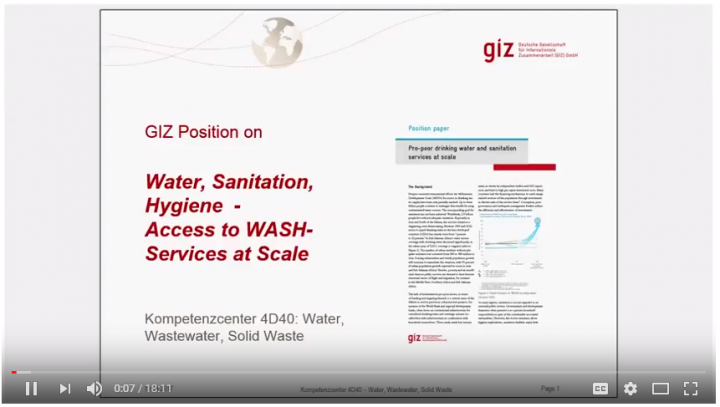Searching for information on Sanitation Workers?
The Sanitation Workers Knowledge + Learning Hub is the best source for all current news, trends, articles and updates on sanitation workers rights around the world.
Nawabganj is a town and a nagar panchayat in Unnao district which is situated between Lucknow and Kanpur in the Indian state of Uttar Pradesh. It belongs to Lucknow Division. It is located 24 Km towards East from District head quarters Unnao. It is a Block head quarter. Nawabganj was established by Nawab Ramzan Ali (Nawab of Sheesh Mahal Estate Lucknow) in 1858. He established Nawabganj between …
The Integrated Business Models throughout the Sanitation Value Chain with Safe Resource Recovery and Reuse seminar combined the highlights of research on over 60 successful business cases and extracted business models for resource recovery and reuse in developing countries with a discussion on their applicability in a range of settings with practitioners and entrepreneurs. The Sanitation Safety …
The central questions that this thematic note seeks to address include: What can municipalities learn about creating a conducive enabling environment for faecal sludge management (FSM)? How can engineers create Faecal sludge treatment plant (FSTP) designs that work well on the ground both technically and financially?
The Swachh Bharat Mission (SBM) has made significant strides in addressing …
Effective drainage is important in emergencies when there is a risk of flooding or there is a risk of poor environmental health conditions developing from standing water, muddy conditions, or erosion. It would not usually be the first priority in the initial stages of an emergency, but should be considered after the immediate water, sanitation and hygiene needs have been met. Sites which have …
On 29th November, 2017, the Section Water, Wastewater and Waste Management hosted a GIZ webinar on Access to Sanitation with following presentations:
Nina Odenwälder - Access to Water and Sanitation = HRBA + LNOB + SDG + JMP?
Dirk Schaefer - SDG Monitoring - Comparison of JMP's vs Kenya's reporting on urban water supply
The Sewage Treatment Plant at Tiruchirappalli has been used for co-treating fecal sludge by utilizing pumping stations as receiving/decanting stations. An assessment was carried out at the decanting stations in Tiruchirappalli with an objective to check the adequacy of existing facilities, identify areas of improvement and develop a methodology for feasibility assessment for converting pumping …
This field note provides an overview of the WASH and health financing project that is being implemented in the state of Maharashtra, India – The Ecosystem Approach. The project integrates WASH behaviour change communication (BCC) with rural household microlending programs to drive household water and sanitation access through loans. This initiative aims to establish open defecation free (ODF) …
The COVID-19 pandemic highlighted the need for regular hand hygiene at a global level. Although the urgency of this context cannot be denied, the benefits from streamlining hand hygiene at a global scale are immense and go beyond the current pandemic response.
WASHaLOT is an innovative group handwashing facility that has been adapted for the Ugandan context. It is a durable, cost effective, …
This concise and practical toolkit is designed to give development practitioners the know-how they need to understand people's behaviours and to help them in designing and implementing effective behaviour change strategies. It highlights how behaviour change is key to addressing many development issues such as child mortality, food insecurity, lacking education, and gender inequality, and offers …
All Oxfam humanitarian responses must include proactive measures to ensure we do not inadvertently cause harm to people, nor undermine the values, standards and norms that underpin our work. Humanitarian work takes place in high-risk environments. Actively managing actual and potential risks enables us to do this work more effectively and safely. Managing risks systematically helps us monitor …
Soil and water conservation is a high priority in the drier areas of subSaharan Africa. Storage of water from the rainy season to the dry season, or even from wet years to dry years is highly important. Groundwater dams, which store water under the ground, can store sufficient quantities of water for livestock and minor irrigation as well as for domestic use. If sited and built properly, dams can …
TNUSSP carried out a baseline study in 36 ULBs across seven different agro- climatic zones to develop an understanding of the sanitation situation across the various region in the State of Tamil Nadu. The study used both quantitative and qualitative data collection methods to elicit information from various stakeholders including household members, masons, public toilet and community toilet …
"Resource recovery and reuse" - a discussion with three Bill & Melinda Gates Foundation grantees. Hosted by: Stockholm Environment Institute and the Sustainable Sanitation Alliance (SuSanA) on 21 January 2014. This webinar has been recorded in 4 parts. See links below for Part 2-4.
The three papers given were as follows (see separate video clips):
1) VUNA - Valorisation of Urine Nutrients in …
The Sanitation Challenge Conference was deliberately aimed to create a dialogue between civil, process, agricultural and environmental engineers; urban planners, sociologists, economists, and political scientists who are involved in international sanitation research and implementation. It took place in Wageningen, the Netherlands from 19. to 21. May 2008.
Furthermore, this conference tried to …
The sub-regional conference formally launched the project (RETA 8060) "Promoting Innovations in Wastewater Management in Asia and the Pacific". The list of delegates was comprised of a mixture of government executives, wastewater industry practitioners and private sector representatives from the following countries: Philippines, Viet Nam, Indonesia, Bangladesh, India, Sri Lanka, Mongolia and …
Ravidas Nagar is a small Low-Income Group (LIG) settlement in Bijnor City (geographical coordinates 290 9’ 0” North and 780 16’ 0” East ) in the state of Uttar Pradesh, India. It is located within Ward No. 2 of Bijnor City (the city has a total of 25 wards). As per Census of India, 2011, Ravidas Nagar was part of Ward No. 1; however, in the year 2016, it was reconstituted as a new ward. …
‘Leave no one behind’ is at the core of the Sustainable Development Goals (SDGs). Leave no one behind means for Sanitation for Millions that everyone, in any inhabited place, has access to a safely managed sanitation facilities and/or safe (hand-) hygiene, and thus can fulfil his/her WASH needs adequately and with dignity. Yet, as per WHO and UNICEF still more than 4.2 billion people suffer …
The training manual was developed for trainers who will introduce the WASH Quartet game, an educational card game focused on the learning of key water, sanitation and hygiene (WASH) practices and behaviours to community leaders from refugee settlements in Northern Uganda. Trainers will disseminate the game to their local communities for them to incorporate and reinforce key WASH practices while …
The sanitation situation in India has improved significantly in the last few years. This has been made possible by the foundation laid by various efforts - policies, programmes, investments and collaborations - over the years.
This publication aims at describing India’s urban sanitation journey and the contribution to it by the Indo-German Development Cooperation specially over the last ten …
This factsheet is outlining current menstrual health and hygiene developments in Nepal. It also highlights the problems many girls and women encounter in accessing sanitary products.
In order to address this the production of sanitary pads by local women's cooperatives using sanitary pad machines, is supported by German Development Cooperation. These processes of facilitating the procurement …
In India, the state of Maharashtra has been pioneering innovations on MHM in both policy and practice since 2009. Government bodies, civil society organizations, social enterprises, and academia have collectively been proactive in generating robust evidence and approaches on menstrual hygiene management (MHM) for the past decade. A concerted action led by the state government, enabled systematic …

